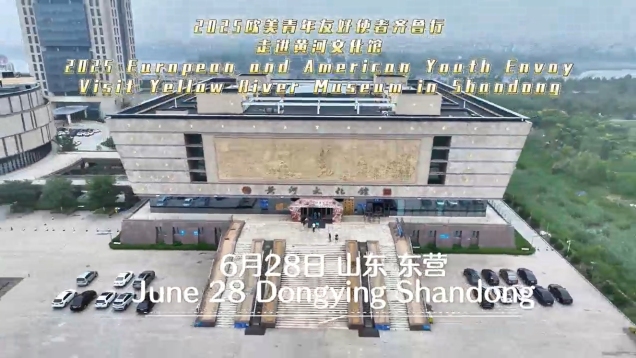Upholding the “One-Man Show”: Shaoyang Glove Puppetry Inheritor Liu Yong'an Sings the Millennia-Old Tune of His Hometown
In the early morning at Yanwo Ridge, Baizhu Village, Jiugongqiao Town, Shaoyang County, Hunan Province, nearly 80-year-old Liu Yong'an is already busy in his old house, preparing for the day’s performance. Behind him, a timeworn puppet box and a collection of wooden puppets quietly tell the story of an ancient art that has weathered the passage of time.
As a representative inheritor of puppet show (Shaoyang glove puppetry), a national-level intangible cultural heritage item, Liu Yong’an has spent the past 50 years carrying the gear that bears the sounds of his hometown through the crisscrossing paths of the countryside, forging a path to preserve and pass on his hometown’s intangible heritage while showcasing its cultural identity.
Shaoyang glove puppetry, a "one-man show", is also referred to as "shoulder pole opera" or "quilt opera." Drawing inspiration from Chinese folk myths and historical novels, every aspect of a performance — from singing, performing, reciting, and speaking, to musical accompaniment — is undertaken by a single performer, earning it the reputation of "one person performing the work of seven."
According to Deng Fei, Director of the Shaoyang County Intangible Cultural Heritage Protection Center, multiple efforts have been made to safeguard this art form. “With the support and cooperation of inheritors, we have collected and compiled over 30 traditional scripts and more than 50 musical scores,” said Deng. “We’ve also filmed over 300 minutes of footage documenting daily performances, teaching sessions, and related exhibition activities, along with over 3,000 pictures. We have digitally archived more than ten traditional plays, preserving precious records for future generations."
-
Preserving Craftsmanship with Dedication, Breaking Boundaries through Innovation2025-07-03 16:11:10






